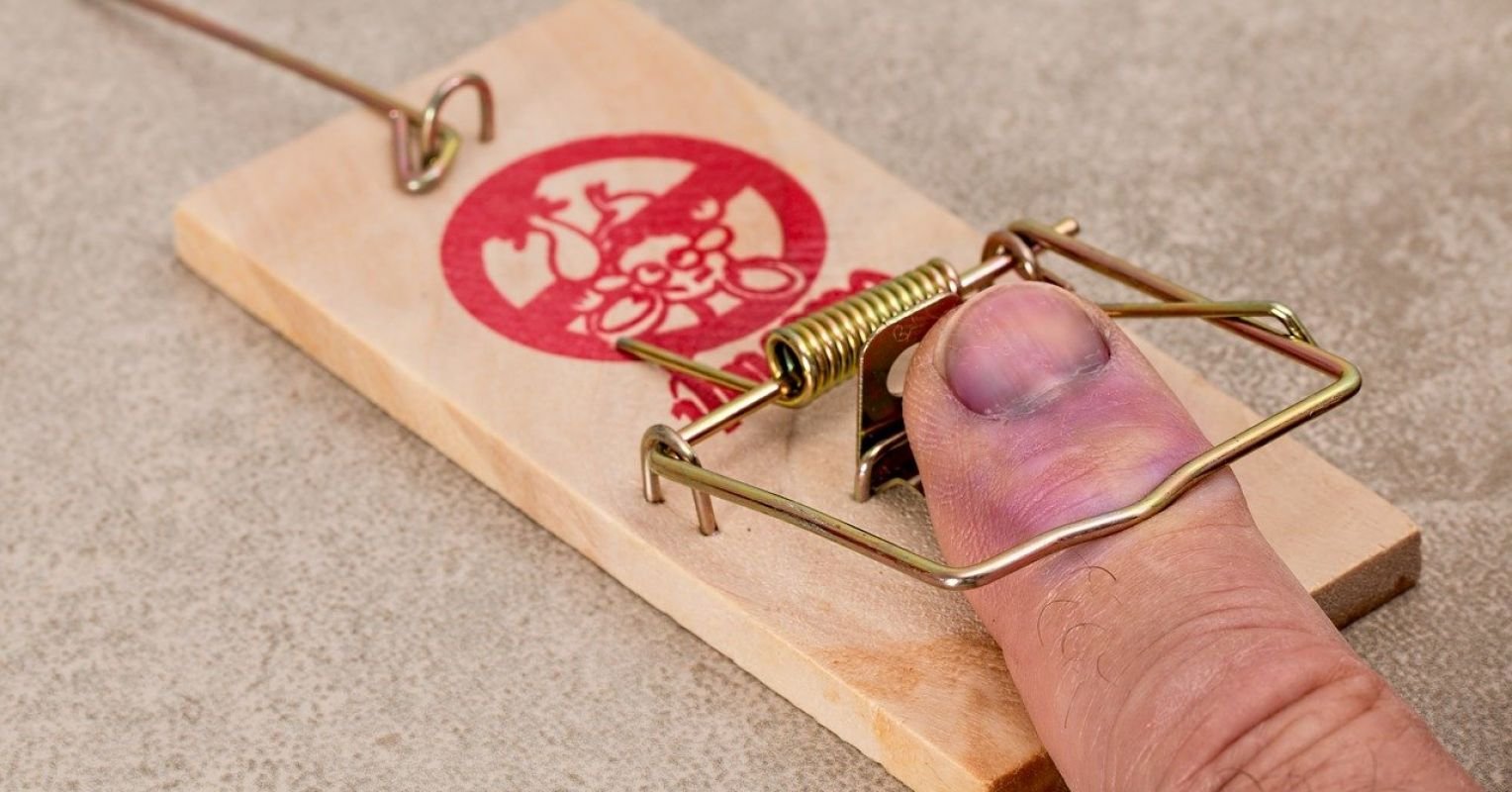Why Do So Many Celebrities Cheat on Their Partners? – Psychology Today
Ego and self-serving biases shape the life story we share with the world—and with ourselves. The good news: An internal reckoning will help us better comprehend who we truly are. Verified by Psychology Today
Posted December 7, 2021 | Reviewed by Abigail Fagan
Quick, in 10 seconds think of all the celebrities who have allegedly cheated in their relationship… Go! Jay-Z, Kristen Stewart, Ashton Kutcher, Tiger Woods, Jude Law, Bill Clinton, Dave Letterman, Kobe Bryant, LeAnn Rimes, Usher, Hugh Grant, Jessica Simpson, Ethan Hawke, Bill Clinton some more, Brett Favre, that guy Sandra Bullock was married to, and Kevin Hart. That’s quite a list. Plus, there’s likely many more we forgot about, or that never found themselves caught by TMZ or Extra. Why is generating a list of celebrity cheaters so easy? Either you have an extraordinary knowledge of celebrities’ love lives, or celebrity infidelity really is a common phenomenon.
So, why do they do it? Simple: Because they have a lot of options.
Everyone may not be created equally when it comes to their opportunities to be unfaithful. In the case of celebrities, they have a high mate value due to their physical attractiveness, money, power, fame/notoriety, or some combination thereof. As a result, potential interlopers find them highly desirable and are willing accomplices in the affair (because even D-list celebrities are still celebrities).
According to one prominent perspective in relationship science known as “interdependence theory”, celebrities have a high quality of alternatives — which means that if they weren’t with their current partner, their next potential partner would still be pretty great.1 Basically, even if their Tesla crashes, they would easily replace it with a new Bentley. In relationships, when a person believes that the relationship they’d end up with if they weren’t with their current partner is pretty good, or even better than their current partner, sticking around is a lot less appealing. In other (more technical) words, having a high quality of alternatives undermines commitment.
Celebrities have a lot of other fish in their proverbial seas. Unfortunately, even if their relationship is fantastic, the abundant temptation undermines commitment and fidelity. So it may not be that us “normal folks” are more moral and virtuous, and thus more faithful. Instead, it may just be that we don’t have the same temptations and opportunities, or ability to capitalize on them.
Still, some celebrities cheat and some don’t. Ultimately, being unfaithful reflects a lack of commitment. For example, when researchers at Southern Methodist University measured participants’ commitment, those with lower levels of commitment at the beginning of the semester were more likely to cheat later in the semester (i.e., over the course of a three-month period).2 In a follow-up study, a different set of students completed daily diaries of their interactions over spring break (wouldn’t you love to read those?). Even over that short week, those with lower commitment prior to the break reported more physical and emotional intimacy with potential alternate partners. Said less delicately, they cheated.
That said, just because someone has a lot of available options, it doesn’t mean they’re automatically going to cheat. In fact, the truly committed may not notice the alternatives, and if they do, may find faults with them and see them as less desirable.3 Researchers call this derogating alternatives, which is a fancy way of saying you find problems with potential new partners so that you’re not tempted to cheat on your current partner. Essentially, when you’re highly committed to your current relationship, you avoid the potential threat of a wandering eye by finding something wrong with them (e.g., “sure, that other possible partner is gorgeous and fun, but they have an odd sense of humor”). Sometimes, the reasons you come up with to rule them out aren’t even particularly valid, but they do the job of removing the person as an option.
You can also derogate alternatives based on your perception of how physically attractive you think other potential partners are. When researchers showed pictures of attractive alternatives to single people and those in a relationship, participants in a relationship thought the alternatives were less physically attractive.4 All of a sudden, that 10 out of 10 who is hitting on you, is really just a “6” who doesn’t compare to your superb partners. These perceptions were even stronger among those who were highly satisfied with their current relationship. In other words, being happy with your current partner made others seem less hot.
Ultimately, cheating is a choice. Having more options and temptations available will test how committed a person is to their relationship. But simply having more alternatives doesn’t guarantee that a person will be unfaithful. Instead, high-quality alternatives are only a threat to relationships that already have problems, low satisfaction, or low commitment. Those in strong relationships can more easily avoid the allure of alternatives.
References
1 Kelley, H. H., & Thibaut, J. (1978). Interpersonal relations: A theory of interdependence. New York: Wiley.
2 Drigotas, S. M., Safstrom, C., & Gentilia, T. (1999). An investment model prediction of dating infidelity. Journal of Personality and Social Psychology, 77, 509-524.
3 Johnson, D. J., & Rusbult, C. E. (1989). Resisting temptation: Devaluation of alternative partners as a means of maintaining commitment in close relationships. Journal of Personality and Social Psychology, 57(6), 967–980. https://doi.org/10.1037/0022-3514.57.6.967
4 Cole, S., Trope, Y., & Balcetis, E. (2016). In the eye of the betrothed: Perceptual downgrading of attractive alternative romantic partners. Personality and Social Psychology Bulletin, 42(7), 879–892. https://doi.org/10.1177/0146167216646546
Dr. Gary W. Lewandowski Jr. is the author of Stronger Than You Think: The 10 Blind Spots That Undermine Your Relationship…and How to See Past Them.
Get the help you need from a therapist near you–a FREE service from Psychology Today.
Psychology Today © 2021 Sussex Publishers, LLC
Ego and self-serving biases shape the life story we share with the world—and with ourselves. The good news: An internal reckoning will help us better comprehend who we truly are.



